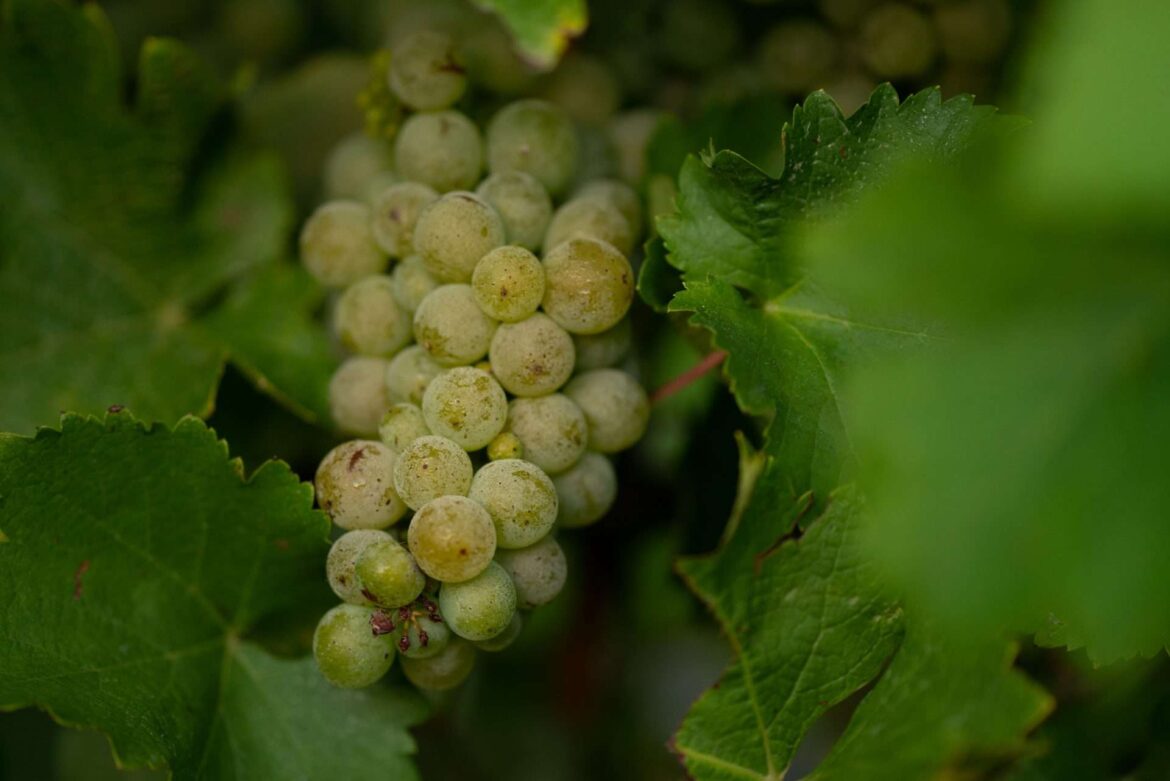New Zealand Wine (NZW) has revealed that 98% of all the vineyard area in the country is now certified as sustainable through the Sustainable Winegrowing New Zealand programme (SWNZ), which celebrates its 30th anniversary this year.
The 2025 Sustainability Report noted that 90% of the wine produced in the country is processed in SWNZ facilities, and 16% of NZ wineries hold organic certification.
FUTURE GOALS
The report described climate change as “the most significant long-term challenge” facing the industry. As such, NZW has set a goal of becoming Net Zero by 2050.
To achieve this, the report stated that a growing number of members are becoming formally certified through carbon-auditing bodies.
Based on 2023/24 data, 127 vineyards reported measuring and managing GHG emissions through a verified certification programme.
Elsewhere in the report, it was announced that 68% of wineries are implementing initiatives to minimise their carbon footprint; 63% of wineries are using lightweight glass bottles; 40% of wineries have energy-efficiency initiatives and 15% have installed solar energy sources.
As for vineyards, 56% are implementing initiatives to minimise their carbon footprint; 29% have energy-efficiency initiatives; 30% are upgrading their equipment to reduce energy consumption and 7% have dedicated property plantings that act as carbon sinks.
The report also laid out the ways in which NZ vineyards and wineries are addressing industry goals relating to water, people, soil, waste and plant protection.
A total of 94% of vineyards optimise their water applications for irrigation; 99% of vineyards and wineries have waste reduction and recovery/recycling programmes; 81% of wineries have waste reduction initiatives and 99% of vineyards use non-chemical methods for managing pests and diseases.
Finally, NZW drew attention to the innovation of the Bragato Research Institute (BRI), which is leading research on all aforementioned industry goals. Programmes at the BRI include ‘Sauvignon Blanc 2.0’, which involves the development of a more resilient variant, and ‘Building Soil Health on Vineyards’, which aims to improve knowledge of soil management.

